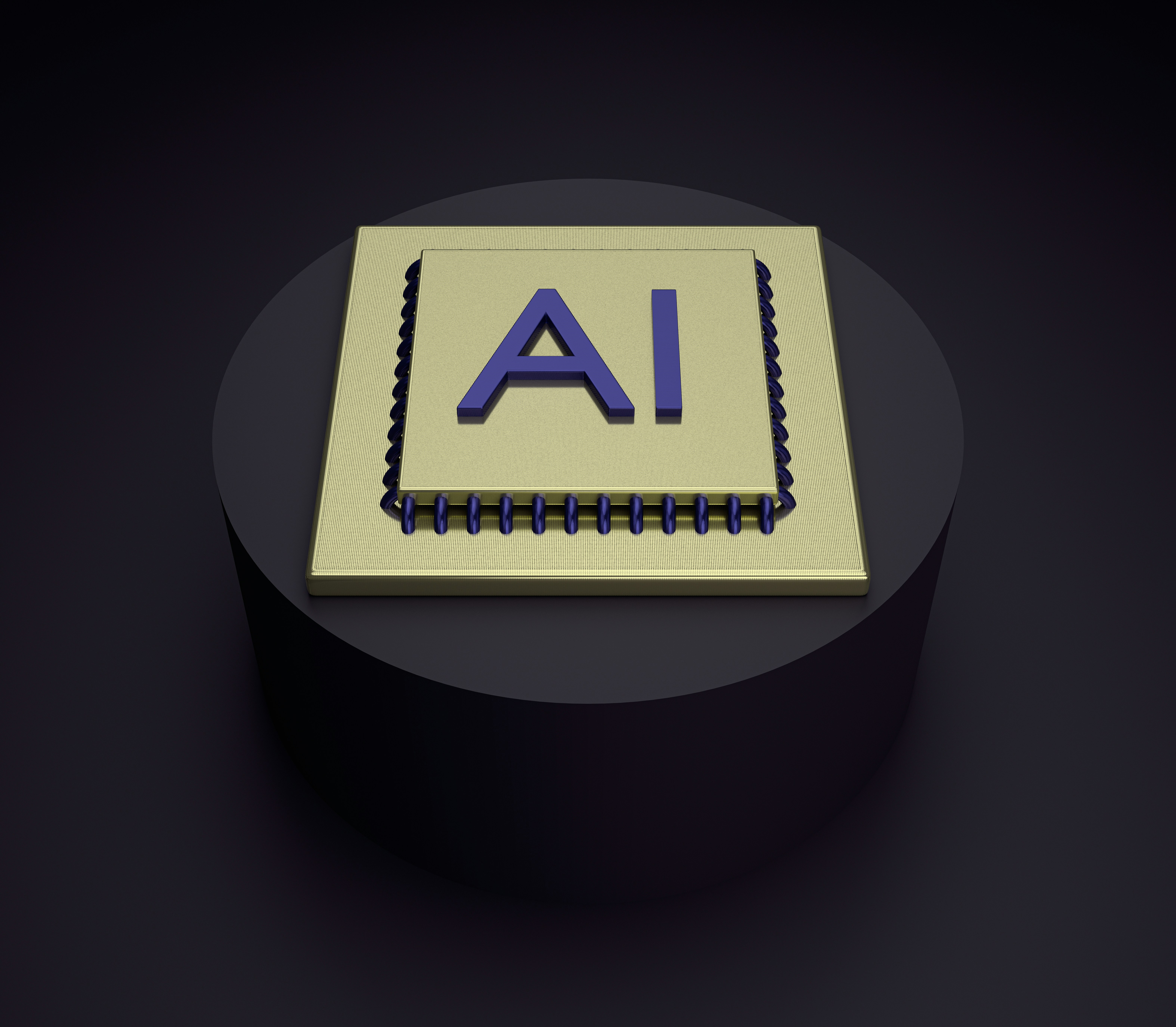
Understanding AI and IoT in the Business Landscape
Artificial Intelligence (AI) and the Internet of Things (IoT) have emerged as transformative technologies that are reshaping the business landscape. AI refers to the capability of a machine to imitate intelligent human behavior, enabling systems to perform tasks that generally require human intelligence, such as data analysis, pattern recognition, and decision-making. On the other hand, IoT encompasses the network of physical objects embedded with sensors, software, and other technologies designed to connect and exchange data with other devices and systems over the internet. Together, these technologies facilitate a new era of data-driven decision-making and operational efficiency.
The relevance of AI and IoT in the current market cannot be overstated, as businesses increasingly leverage these technologies to enhance productivity, streamline processes, and improve customer engagement. AI algorithms analyze vast amounts of data generated by IoT devices, providing businesses with actionable insights that inform strategic decisions. For instance, in the manufacturing sector, IoT sensors can monitor machinery performance in real time, allowing companies to predict maintenance needs and minimize downtime. This functionality underscores AI’s role in enhancing predictive analytics and overall operational efficiency.
<pmoreover, adjust="" ai="" algorithms="" and="" automatically="" based="" behaviors="" businesses="" can="" create="" customer="" data="" demand="" devices="" effectively.As businesses continue to adopt AI and IoT solutions, the potential for optimization and enhanced customer experiences grows exponentially. The integration of these technologies allows for real-time monitoring, automated processes, and improved decision-making, creating a competitive advantage in today’s dynamic market.
Optimizing Business Operations with AI and IoT
In the evolving landscape of modern business, leveraging the capabilities of Artificial Intelligence (AI) and the Internet of Things (IoT) has become crucial for optimizing operations. By adopting these advanced technologies, organizations can streamline their processes, enhance efficiency, and ultimately improve their bottom line. Practical strategies for implementing AI and IoT include predictive maintenance, supply chain optimization, and automated inventory management.
Predictive maintenance utilizes data collected from IoT devices to anticipate equipment failures before they occur. By analyzing trends and patterns, organizations can schedule timely maintenance, reducing downtime and avoiding costly repairs. For instance, manufacturers can monitor machinery performance through IoT sensors, allowing them to address potential issues proactively. This not only prolongs the lifespan of their equipment but also boosts operational productivity.
Supply chain optimization is another area where AI and IoT can significantly enhance business operations. IoT devices enable real-time tracking of inventory levels, logistics, and deliveries, providing businesses with critical insights into their supply chain processes. When combined with AI algorithms, organizations can predict demand fluctuations and optimize stock levels to minimize waste and reduce storage costs. This integration results in a more agile and responsive supply chain, effectively meeting customer demands while maximizing resource utilization.
Automated inventory management utilizes RFID tags and IoT technology to streamline tracking and management of stock levels in real-time. Businesses can gain visibility into their inventory flow, ensuring that they maintain appropriate stock levels, reduce surplus, and prevent stockouts. Companies like Walmart have adopted these technologies to enhance their inventory accuracy, leading to improved customer satisfaction and operational efficiency.
In conclusion, the integration of AI and IoT offers compelling advantages for optimizing business operations. By effectively harnessing these technologies, organizations can enhance their productivity, reduce operational costs, and stay competitive in today’s rapidly changing market landscape.
Enhancing Customer Experiences through Intelligent Technologies
The integration of Artificial Intelligence (AI) and the Internet of Things (IoT) is revolutionizing how businesses engage with their customers, significantly enhancing their overall experiences. By leveraging these intelligent technologies, companies can adopt a more personalized approach to marketing, thus tailoring their offerings to meet the specific preferences and needs of individual consumers. For instance, AI algorithms analyze historical customer data to identify trends and predict future behavior, allowing businesses to deliver targeted promotions and recommendations, thereby increasing the likelihood of conversion.
Moreover, improved customer service plays a pivotal role in customer experience enhancement. AI-powered chatbots, which are increasingly being utilized across various platforms, offer real-time support and assistance to customers, providing answers to inquiries and resolving issues promptly. This accessibility not only reduces wait times but also ensures that customer concerns are addressed, fostering a sense of trust and satisfaction. The capability of these chatbots to operate around the clock further underscores the importance of AI in creating seamless interactions.
In addition to personalized marketing and customer service, businesses are also reaping the benefits of enhanced product offerings powered by feedback and analytics. IoT devices collect valuable data about how customers interact with products, revealing insights into preferences and usage patterns. This high-quality data collection allows companies to refine their product features and develop new innovations that resonate with consumer demands. The result is a continuous feedback loop where customer insights drive product development, increasing customer satisfaction and loyalty.
Ultimately, the harmonious integration of AI and IoT in customer interactions facilitates a more engaging and efficient experience. By focusing on delivering tailored content, real-time support, and responsive product enhancements, businesses can cultivate lasting relationships with their customers, leading to improved brand loyalty and satisfaction.
Future Trends and Challenges in Leveraging AI and IoT
The convergence of artificial intelligence (AI) and the Internet of Things (IoT) is poised to redefine business landscapes significantly in the coming years. As organizations increasingly adopt these technologies, several trends are expected to emerge. First, the application of AI and IoT in enhancing automated decision-making will likely become more prominent. Businesses will harness real-time data collected from IoT devices to fuel AI models, leading to smarter analytics and improved operational efficiencies. Additionally, there is a growing trend towards the integration of AI and machine learning in predictive maintenance within various industries, allowing for reduced downtimes and enhanced equipment reliability.
Moreover, as consumer expectations escalate, businesses will utilize AI-driven insights gleaned from IoT data to personalize customer experiences further. Through automated systems, such as chatbots, and customized offerings, organizations will enhance consumer engagement, promoting loyalty and satisfaction. However, with these advancements come several challenges that businesses must navigate. Chief among these are cybersecurity risks, which amplify as more devices connect to the internet. Organizations are tasked with safeguarding sensitive data from malicious attacks while ensuring compliance with evolving regulations.
Data privacy concerns also arise from the extensive data collection and usage facilitated by AI and IoT technologies. Maintaining consumer trust requires businesses to establish clear data governance policies and transparent practices, addressing potential worries surrounding information usage. Furthermore, the integration of these sophisticated technologies demands skilled personnel capable of adeptly managing complex AI and IoT ecosystems. Companies may need to invest in employee training and recruitment to build a workforce that can support these innovative initiatives.
To navigate these challenges successfully, businesses should adopt proactive strategies. By embracing frameworks that prioritize security and data privacy, organizations can foster a culture of innovation while mitigating risks. Engaging in collaborative partnerships can also be beneficial, allowing businesses to pool expertise and resources to stay ahead in the rapidly evolving tech landscape. Ultimately, understanding and addressing future challenges effectively will empower organizations to sustain a competitive advantage in the age of AI and IoT integration.
